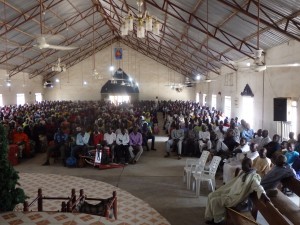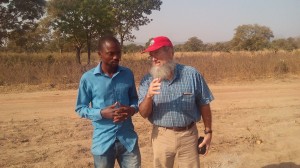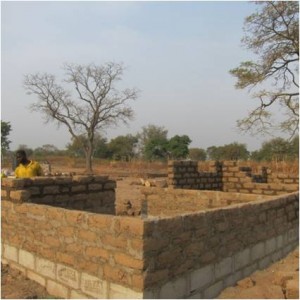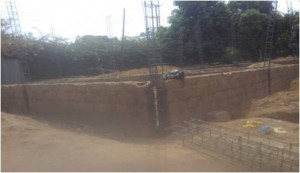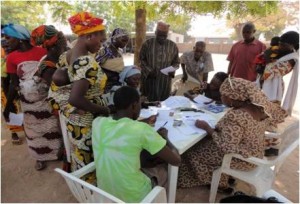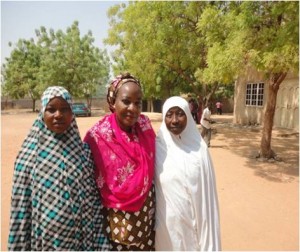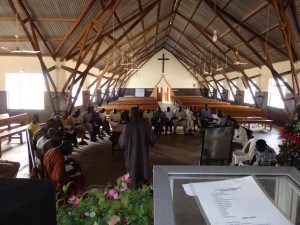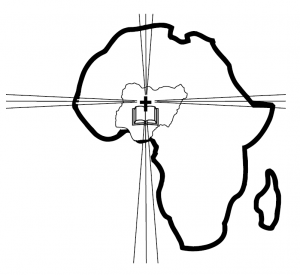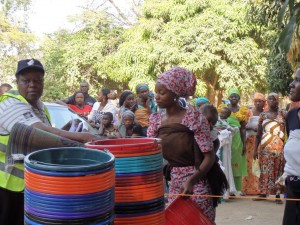By Peggy Gish, volunteer reporting from Nigeria
According to leaders of the Nigerian Church of the Brethren in Nigeria, as reported by Markus Gamache, Director of the Lifeline Compassionate Global Initiatives (LCGI), the 2015 Nigerian General Elections were more peaceful, and more people were able to vote than ever expected. Yes, there were sporadic incidents of violence around the country, but not the massive violence many had feared. The three states in northeastern Nigeria, Borno, Yobe, and Adamawa, were able to participate in the election, except for a few local areas which the Nigerian military had not taken back from Boko Haram. Most of the internally displaced persons (IDP’s) that are still in the state they reside in and have permanent voters card (PVC) were able to vote. But others, who have fled to other states, were not, because of the dangers and difficulties of travel. Few displaced people currently living in Jos, and only ten out of the 724 people in the Gurku Interfaith Camp, and were able to travel to Yola to cast their ballots.
Reports of sporadic violence around the country include the following: In northeastern Nigeria, a pastor from the Mararaba area reported Sunday night, sporadic gun shots at Mararaba, Mubi, and Kwarhi. People in Benue, reported some threats and attacks at some polling sites, and in Borno and Gombe states, some people killed. In some other areas the party agents forced people, by threat of violence, to vote for specific candidates. Officials in the Plateau State reported some houses burned in the Quan Pan local government area and a house in In Jos North. In the Rivers State, from which the wife of the Nigerian president came, people reported serious challenges between the security personnel and civilians, including a gun battle with some people killed and many injured. In Kano a special aid to the Nigerian president escaped death from political thugs preventing him to cast his vote.
In Jos, where I am located, there was strict security on the streets both Saturday, the day of the election, and Sunday. Security guards blocked certain streets, checking the cars before allowing them to pass. Generally the streets have been empty, shops closed, and people cautious about going out. Many Christians did not attend Sunday worship services because of uncertainty of the situation.
In spite of these incidents, people here I talk to, see this as a peaceful election and call the current situation “peaceful, positive, and calm.” They just hope and pray that it remains so until and after the election results are announced in the next couple days.


